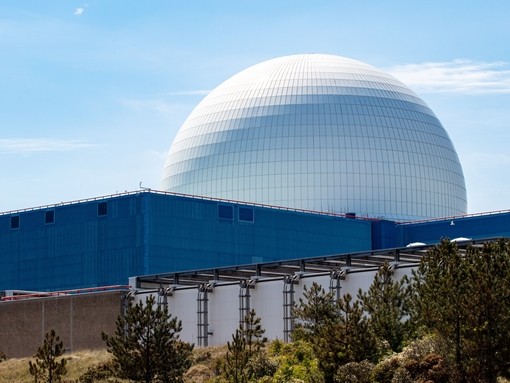
How in-demand are nuclear engineers?
Nuclear Engineers – as a nuclear engineer, what should you expect from the future of this industry and your prospects?
What to expect for the future of nuclear
The nuclear landscape is changing. In 2015, the UK government announced plans to close all coal-fired power stations by 2025 to meet EU air pollution targets. This move has led to three proposed nuclear projects in Britain – the first of their kind in over 20 years, construction has commenced on the first new generation of nuclear plants. Building more nuclear power stations is necessary to meet the UK’s electricity demands while reducing the country’s reliance on imported gas, currently, the UK generates about 20% of its electricity from nuclear.
Although these projects are still in their early stages, many have already brought employment to the industry, and if all go ahead, thousands of jobs will be created across construction, nuclear and engineering.
Find out more about how you can become a Nuclear Engineer.

Global nuclear industry
Demand for nuclear engineers isn’t just in the UK; the global nuclear industry is thriving. Over 400 nuclear plants are operating in over 30 countries, while 60 reactors are currently under construction, with the majority in Asia. Many countries with current nuclear plans are proposing to build even more; the USA has five under construction and five more proposed, all of which create a demand for highly-skilled workers.
The renewed support for nuclear across the world has been influenced by the environmental constraints of coal, the accessibility of low-carbon energy from nuclear and the increasing demand for electricity in growing countries. 16 countries rely on nuclear power for at least a quarter of their electricity, while the UK uses nuclear energy for 19% of its total demand. Countries without plants also rely on the resource for their electricity needs.
Upgrading nuclear plants
Each nuclear power plant has a lifespan of between 20-40 years, but with the increase in nuclear power, many are being upgraded, which provides longer contracts for nuclear engineers. Decommissioning of nuclear power plants – a rapidly growing sector – also creates job opportunities, as highly-skilled workers are needed to dismantle the plant as well as manage, process and store toxic nuclear waste. These projects take years to complete and rely on a large workforce – Sellafield’s decommissioning programme employs 8,000 workers.
Demand for nuclear skills
The proposed UK plans mean that opportunities in nuclear will be available to a new generation. However, a skills shortage has been predicted; the nuclear industry is an aging sector, which means that as many retire, skills will leave. If this occurs, competition for specialist skills could mean an increase in labour prices, while training will be necessary for entry-level positions.
The employment of nuclear engineers is projected to grow 4 % from 2016 to 2026, which is a lot slower than average for occupations due to the shortage. Engineering also offers relocation opportunities and with the global market increasing, you could receive an attractive package abroad.
You can check the Nuclear skills Academy passport to see if your skills and experience are enough to bag yourself a role.
Typical pay for Nuclear Engineers
With the increased demand for resources within the nuclear field, means the industry needs to broaden non-nuclear engineering opportunities, also known as ‘sector jumping’. You may be able to bring your transferable skills into a nuclear engineering role and salary. So, what are the salaries like in Nuclear Engineering?
Salaries begin at around £27,000 per annum and range upwards of around £110,000 per annum. The average salary for all engineers working in nuclear in the UK is around £30,000 to £65,000.
The future of nuclear engineering
With the global demand for clean energy, large scale output of nuclear and the abundant supply of uranium, nuclear is becoming the most suitable option to meet a country’s growing electricity needs. Substantial growth is expected in this sector by 2030, and therefore engineers can rely on vast career opportunities in the future, both in the UK and abroad.
Are you ready to pursue a career in nuclear engineering? Find out about our latest job listings.
















